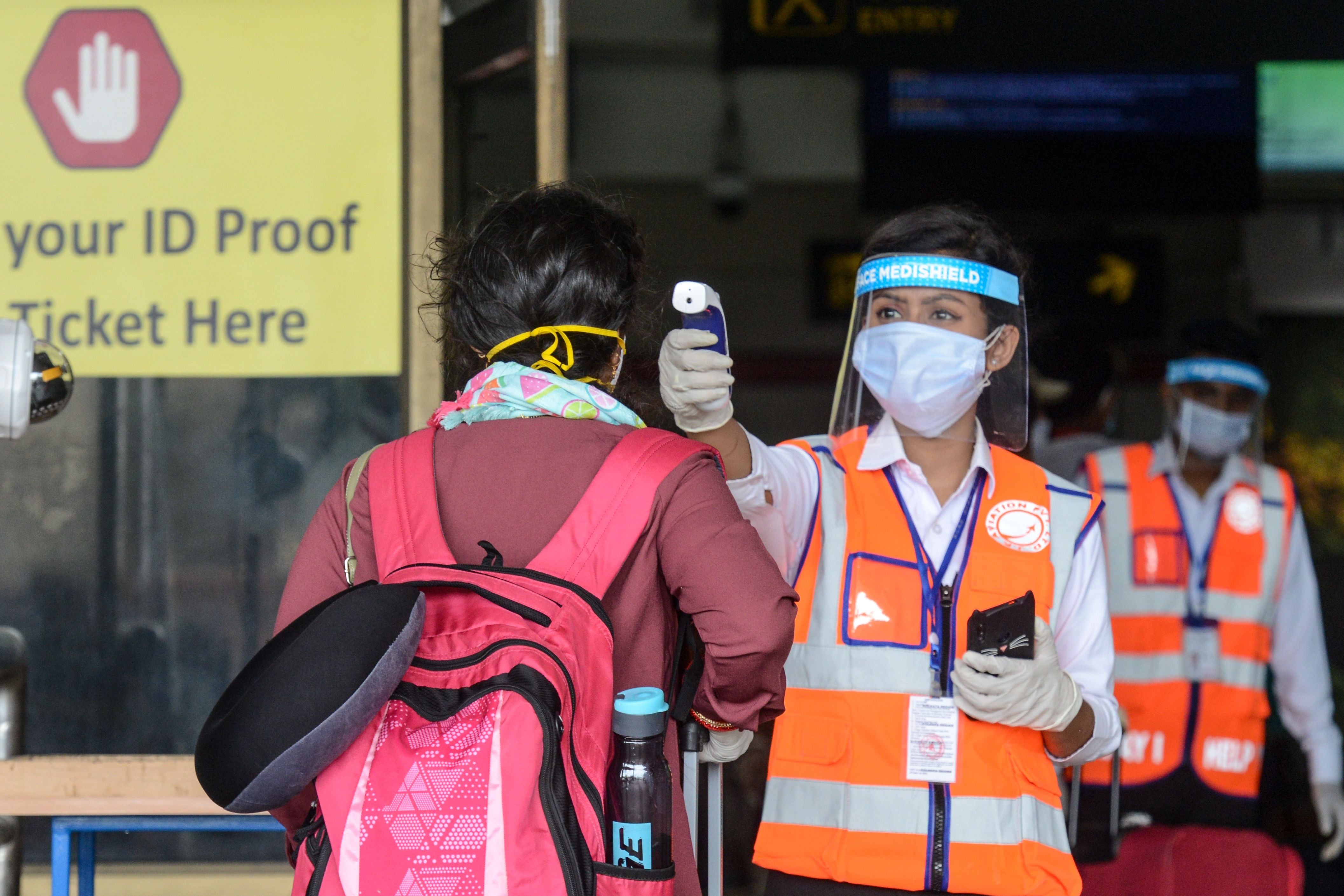India’s PM announces booster shots for healthcare workers and people above 60 years
A number of other measures related to vaccines have been announced as well

Your support helps us to tell the story
From reproductive rights to climate change to Big Tech, The Independent is on the ground when the story is developing. Whether it's investigating the financials of Elon Musk's pro-Trump PAC or producing our latest documentary, 'The A Word', which shines a light on the American women fighting for reproductive rights, we know how important it is to parse out the facts from the messaging.
At such a critical moment in US history, we need reporters on the ground. Your donation allows us to keep sending journalists to speak to both sides of the story.
The Independent is trusted by Americans across the entire political spectrum. And unlike many other quality news outlets, we choose not to lock Americans out of our reporting and analysis with paywalls. We believe quality journalism should be available to everyone, paid for by those who can afford it.
Your support makes all the difference.India will start administering booster shots against Covid to healthcare and frontline workers from 10 January, prime minister Narendra Modi announced on Christmas night.
In an address to the country, the prime minister said the “precaution dose” will be administered to citizens over the age of 60 with comorbidities, as cases of the newly detected Omicron variant continue to rise in the country.
India has so far reported at least 422 cases of those infected with the Omicron variant across 18 states.
“From the point of view of precaution, the government has decided that healthcare and frontline workers should start getting a precaution dose,” Mr Modi said.
He also announced that teenagers aged between 15 to 18 would start receiving Covid vaccinations from 3 January, asserting that vaccinating children would facilitate their return to schools.
India’s indigenous vaccine Covaxin, manufactured by Bharat Biotech, received approval from the country’s drug regulator for emergency use for children aged between 12 and 18 years earlier on Saturday.
Covaxin became the second vaccine cleared for use for children in India after Zydus Cadila’s three-dose DNA jab was granted approval in August.
The prime minister said at least 90 per cent of India’s adult population has received one dose of the Covid vaccine while 61 per cent have taken the second jab.
While millions of people still await the second jab, the decision to administer booster shots comes days after countries such as Israel and Germany announced the roll out of a fourth jab.
The federal government had aimed to vaccinate its entire adult population, an estimated 800 million people, by the end of this year.
India had rolled out its vaccination drive on 16 January this year, prioritising healthcare workers. However, vaccination for all those above the age of 18 began on 1 April.
Mr Modi asked citizens to continue wearing masks and follow other Covid measures.
“I would urge all of you not to panic, be careful and alert. Masks and washing hands occasionally, remember these things,” he added.
Over fears of the new variant, the country’s southern state of Karnataka has decided to scale down New Year celebrations and imposed a “night curfew” for 10 days between 10pm to 5am, starting 28 December.
Karnataka followed a number of other states, including Maharashtra, Gujarat, Haryana and Madhya Pradesh, that imposed such curfews in the past few days.
India reported 6,987 new Covid cases and 162 deaths in the last 24 hours.
Join our commenting forum
Join thought-provoking conversations, follow other Independent readers and see their replies
Comments